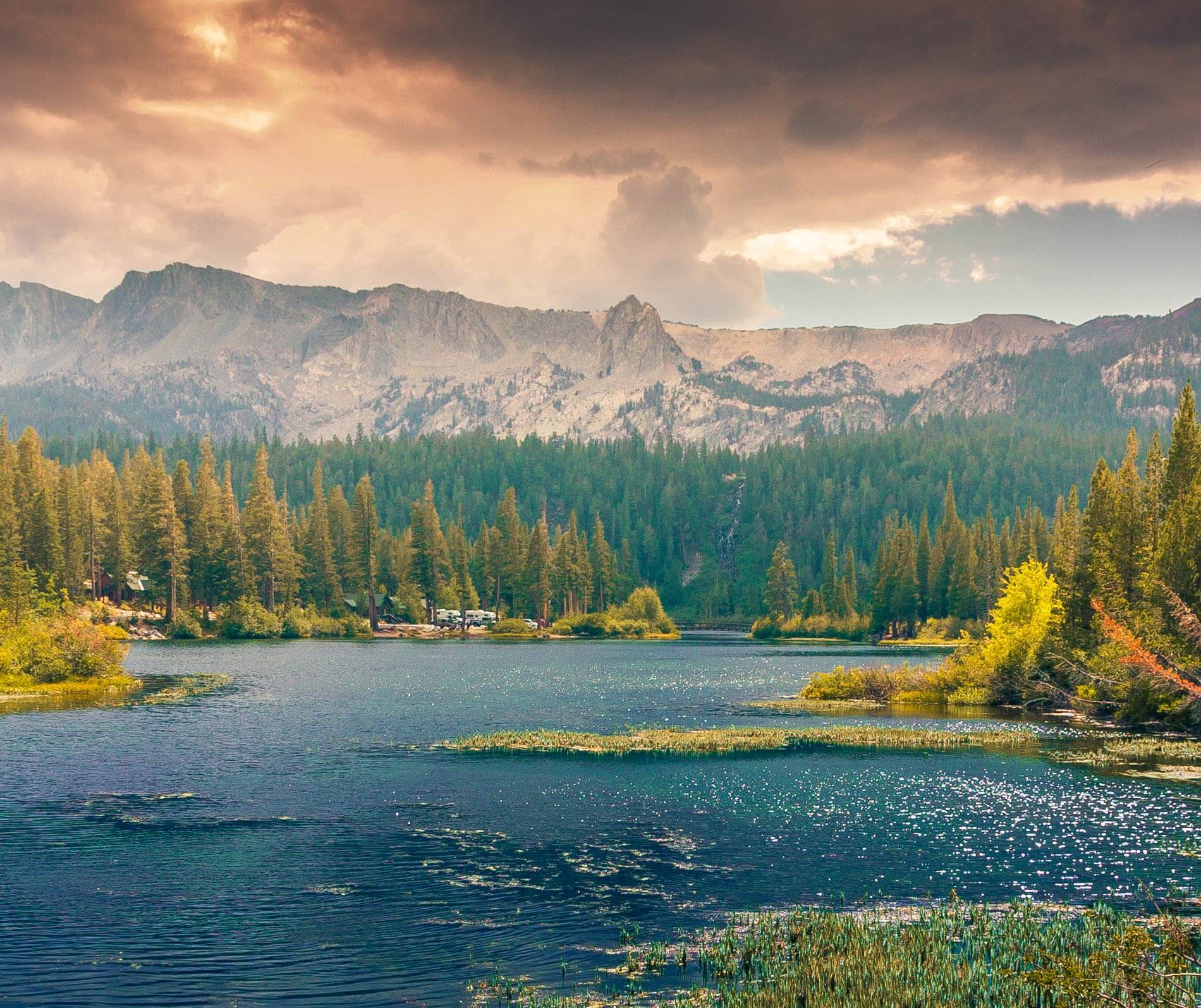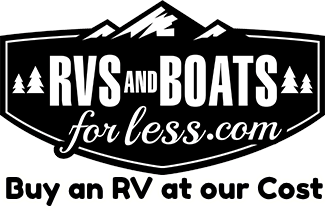RV Generators
 When you purchase a recreational vehicle, you get the benefit of a variety of technological amenities and useful appliances to help make your camping experience more cozy, convenient and homelike.
When you purchase a recreational vehicle, you get the benefit of a variety of technological amenities and useful appliances to help make your camping experience more cozy, convenient and homelike.
You do, however, need a reliable power source to juice up all of those conveniences. When you’re at a campsite, you can take advantage of hook-ups for electricity, but if you’re boondocking or camping off the grid, you’re going to need another power source.
Many RVers turn to generators to either supplement or fully power the appliances and electronics on their rigs. While they’re not terribly complex objects, it pays to know a little bit about them so you can safely and easily operate them. As your Idaho RV dealer, RVs & Boats For Less in Chubbuck, ID, is here to take some of the mystery out of RV generators, including how to choose one, how to maintain one and what precautions you should take around them.
Narrowing Your Options
First, you need to ensure that you’re choosing the right generator for the items you need to power. Not every generator is built the same so there are some essential things you should keep in mind.
Make sure that your chosen machine can support the wattage of your entire rig. You’ll need to do some math, but don’t worry — it won’t be too hard! Each appliance or device will have a wattage attached to it that you can add up with all the others to see how much you’ll need at a minimum, although you'll want to get a generator that can serve you above the minimum capacity since many appliances require a surge of power when you first turn them on.
Think about how you want to power the machine, too. The three primary sources of power are propane, diesel and gasoline. Each method has its own pros and cons, so you’ll likely choose one based on your budget and what best meets your particular needs.
Bear in mind that the recreational vehicle you choose will have an impact on what type you choose as well. For example, a diesel-fueled RV will require a diesel generator.
Keeping Up With Maintenance
Your machine shouldn’t require too much maintenance, but it’s essential that you do perform it when necessary. Otherwise, you could lose power when you’re out in the middle of nowhere and no one wants that! Keep an eye on your hour meter and change your oil every 200 operating hours. When you’re not using your camper or generator, you should run a heavy load through the latter to keep it functioning properly.
Staying Aware Of Dangers
You’ll likely not experience any serious issues with your generator, but there are a few things you want to keep an eye on. For one thing, they emit carbon monoxide, which is toxic, so installing a carbon monoxide detector on your rig is a good precaution to take. Make sure the exhaust system functions properly, too, so that fumes don’t build up within it. Even the most well-maintained of machines can have a leak, which is why it’s important to stay on top of things.
For boondocking or living off the grid in your RV, a generator is an indispensable piece of equipment that’s fairly low-maintenance and cost-effective, provided you stay on top of maintenance and choose the right model for your particular rig.
Seeking RVs for sale in Chubbuck? Visit our dealership today to see our selection of new and used RVs for sale. RVs & Boats For Less serves the cities of Twin Falls, Idaho Falls and Pocatello, ID, as well as the Salt Lake City metro area, including Logan, UT.









